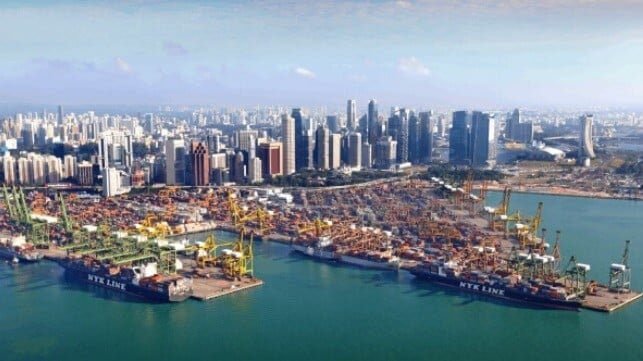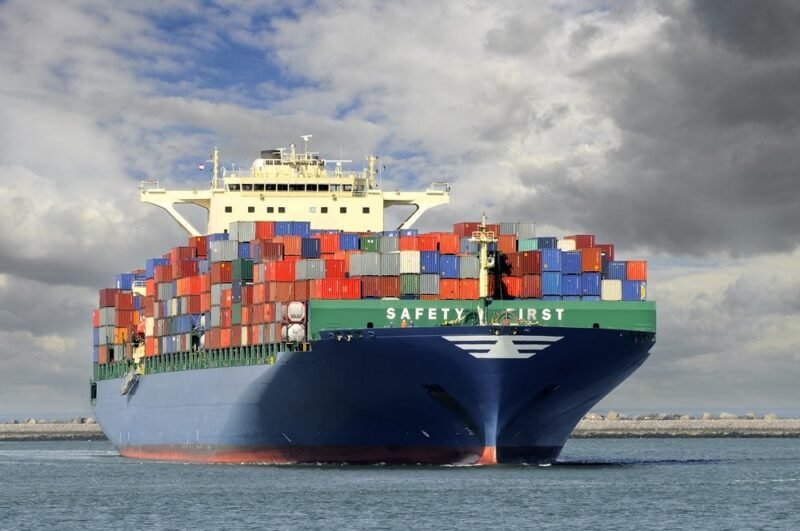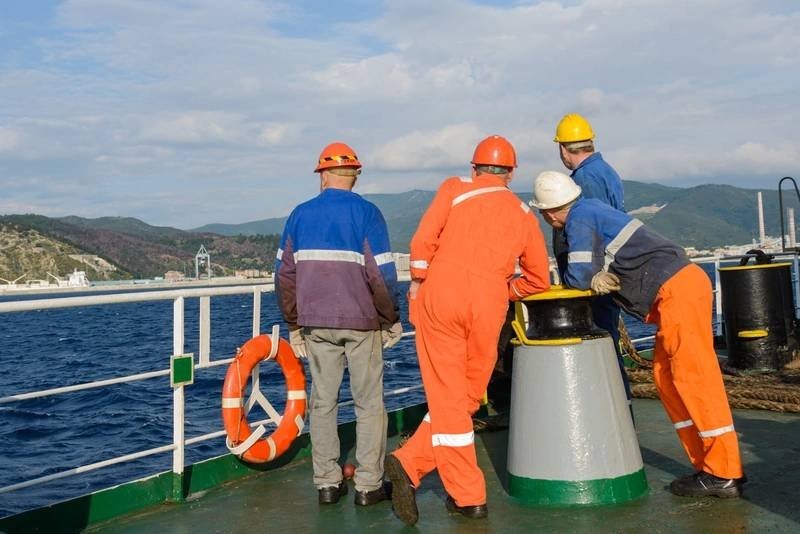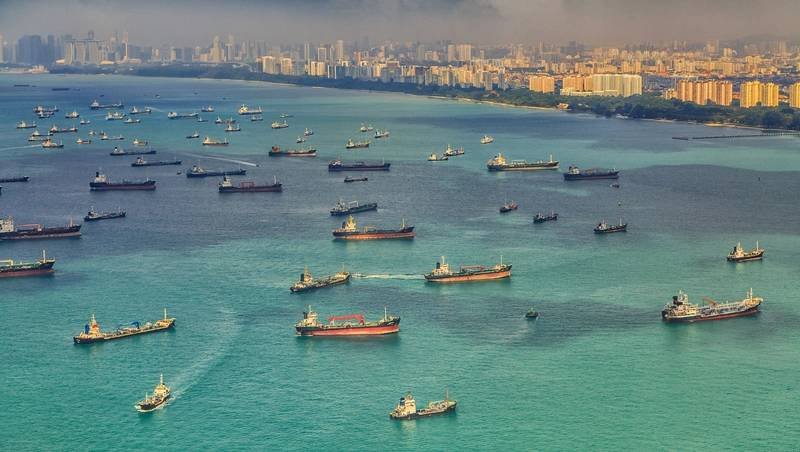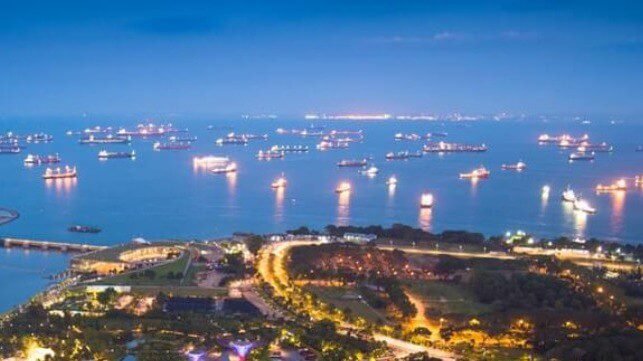PSA Singapore, the largest terminal operator in Singapore, achieved a significant milestone by surpassing 40 million TEU handled at its terminal in 2024. This achievement comes amidst challenges in handling disruptions to traffic flow due to diversions away from the Red Sea for containerships and an increase in transshipment volumes. Despite these obstacles, PSA Singapore has solidified its position as the world’s transshipment hub of choice, according to Nelson Quek, Regional CEO Southeast Asia for PSA International.
The port faced significant disruption to schedules as vessels were diverted to sail around South Africa and the Cape of Good Hope on trips to and from Europe. This resulted in vessel bunching, delayed arrivals, and an uptick in transshipment volumes. Despite these challenges, PSA Singapore managed to handle over 40 million TEU, surpassing the previous year’s record of 38.8 million TEU. These volumes position Singapore as a strong competitor to large Chinese ports, with Shanghai remaining the world’s busiest port, surpassing 50 million TEU in 2024.
Singapore is currently undergoing a major expansion with the transition to the new Tuas facility, which will have a capacity for over 65 million TEU upon completion. PSA has started construction on a new warehouse at Tuas, investing in advanced robotics and automation to handle dangerous goods and cold storage. The development timeline calls for existing operations to move to Tuas by 2027, with PSA’s Pasir Panjang Terminal continuing operations into the 2040s before transitioning. Currently, PSA operates 55 berths at Tuas and Pasir Panjang with a capacity of 43.9 million TEU annually.


